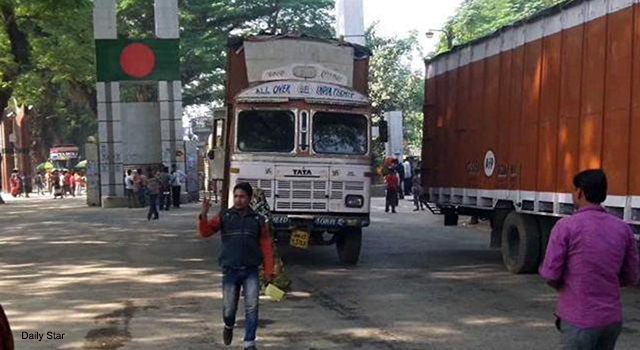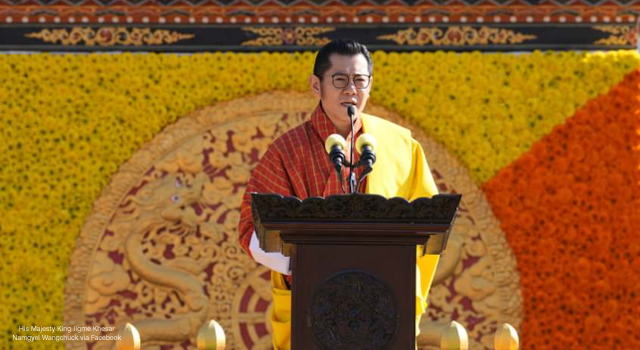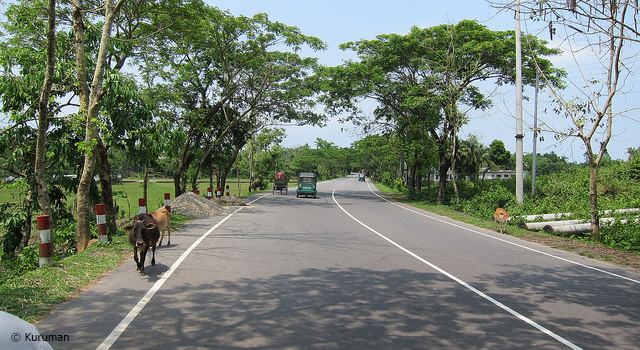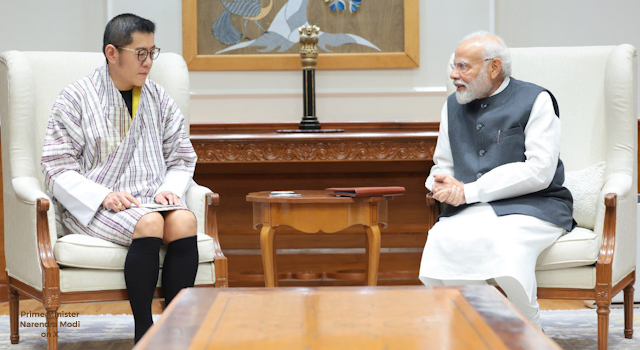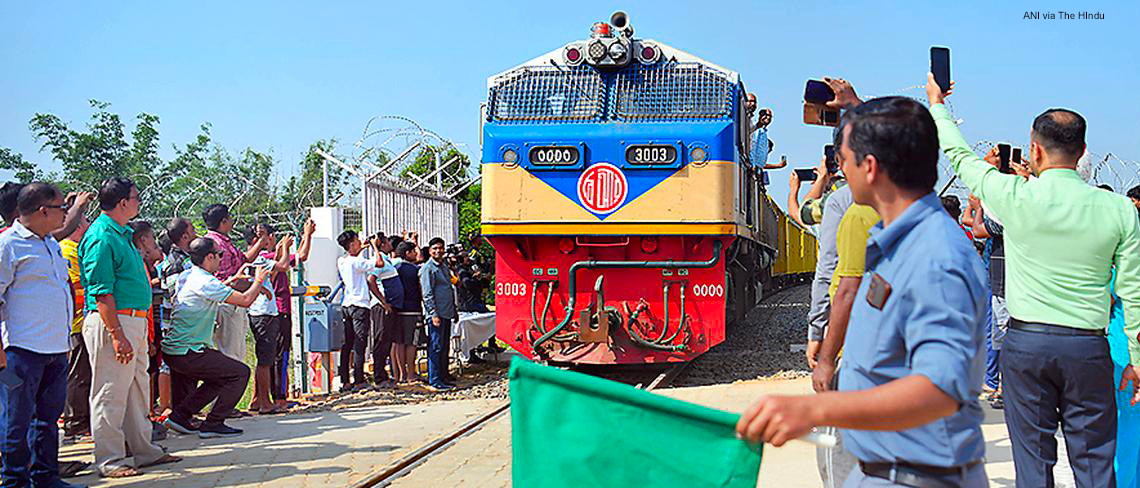
Commentary: Boosting Trade Facilitation in Services
13 March 2017

A fast-rising information technology-enabled services (ITES) is opening global opportunities for the millions of Indian college graduates that enter the workforce every year. In this article, Mr. Pritam Banergee, Senior Director for Corporate Public Policy (South Asia), Deutsche Post DHL, discusses the need for India’s government and businesses to focus on trade policy reform that ensure markets remain open for the ITES sector.
This article was first published in Business Line.
Boosting Trade Facilitation in Services
By Pritam Banerjee
Information technology (IT)-enabled services today encompass a much larger and more complicated set of activities than just IT solutions and back-office work. It involves a range of professional, technical and personal services.
A few examples that would illustrate this diversity of tasks and occupations include legal services, technical drawing, online tutoring, animation and film editing, e-medical diagnosis, and remotely delivered secretarial services.
This is just a small sample of tasks that could be easily delivered remotely using affordable technologies.
Policy Reforms Needed
India, with over 10 million college graduates every year, can and should maximise the global opportunity that is emerging in this widely defined IT-enabled services (ITES). It is, therefore, critical that the Government and businesses be focused on the next generation of trade policy reforms that would ensure that markets remain open for such business.
The key concerns around which barriers would be erected are broadly data security and privacy, consumer safety, intellectual property violations, loss of tax revenue for importing country, immigration-related risks (for movement of people), and domestic job losses.
So what can be some of the solutions where India can take the lead in institutionalising to assuage concerns in target countries?
The Government, in conjunction with industry, could work towards developing a special authorized economic operator or AEO for remotely delivered services. An AEO is essentially an entity that is trusted and known to be compliant with rules and regulations, and therefore receives special facilitation benefits.
AEO is becoming popular in cross-border trade in goods. It gels very well with concept of trade facilitation in services that the Government has rightly brought to the attention of the World Trade Organization (WTO) agenda. The ITES AEO would address facilitation of cross-border trade in services on the lines of what the customs AEO does for cross-border trade in goods.
Linking Facilitation
Firms that would achieve ITES AEO status would have to meet global best practices standards in ensuring data security and privacy, protection of intellectual property, and redressing of consumer grievances in importing country. This service directly links the benefits of being an AEO to the ability to overcome the range of barriers that are likely to be erected. A few potential examples deserve elaboration.
Linking Tax Compliance to Zero Tariffs
In meeting best practices, a prerequisite for AEO-certified firms is to not fudge their numbers and cheat importing countries on taxes that they would have otherwise got. The status could be subject to special prudential requirements on tax declarations, transparent recording of expenses and profits in all countries that such an entity operates, and transfer pricing for intra-firm transactions.
Policymakers could also see if special provisions could be devised for double taxation avoidance in relevant bilateral treaties.
In return, India could seek “zero” tax treatment for ITES firms that attain this proposed status. This would counter the effective “tariffication” of remotely delivered services through imposition of a special tax on all ITES that are substantially delivered from offshore.
While countries might still resist this idea of giving up revenue and protecting local players, the argument of allowing trusted and transparent firms to do business is a compelling one, and counters many of the arguments around which the emergent protectionism in the ITES sector is built. This could emerge as a major negotiating target in India’s bilateral trade agreements.
Facilitated Movement of Professionals
Given that ITES involves a combination of remotely delivered services and onsite activities, visa regimes play an important role. Host countries often have concerns about short-term work visitors becoming longer-term immigrants. Such trusted ITES AEOs could be given preference and additional facilitation in the visa process by host countries. In return, the AEOs could be held financially accountable for any cost of repatriation and legal processes in case one of their employees overstays or breaks immigration and labour laws. This would address at least some of the concerns being raised in markets like the US about abuse of work visa regimes.
Data Security and Privacy
While advanced economies such as the European Union, the United States or Japan might be reluctant to provide India the status of a data-secure location, the effective compliance costs of an Indian firm can be substantially reduced if the ITES AEO includes specific requirements for a firm to achieve data-secure status, and the certification of this status is allowed through an India-based entity. Again, this represents “facilitation” as opposed to a “market access” approach.
Consumer Protection Concerns
Many IT-enabled professional services have moved to the e-commerce marketplace model where individual professionals advertise themselves on websites, and clients from anywhere in the world can engage them. Services are rendered remotely, and payments are made through electronic means.
Such individualised e-commerce services will increase exponentially in the future and India with a large pool of such qualified professionals stands to gain. Our policymakers should take the lead in starting the global dialogue on keeping the markets open for individual as opposed to firm-based initiatives, and to ensure such transactions are fairly regulated. An ITES AEO status could be a great market-signalling initiative, while at the same time substantially reducing compliance costs.
What the Government would have to negotiate with key countries is the right to have the certification process done through an Indian institution, thereby reducing the cost and increasing the ability of Indian firms to get certified. Essentially India would have to be the leader in developing this concept and sell the idea to the rest of the world through multiple platforms, such as bilateral agreements, regional initiatives, or the more ambitious idea of trade facilitation in services in the WTO.



